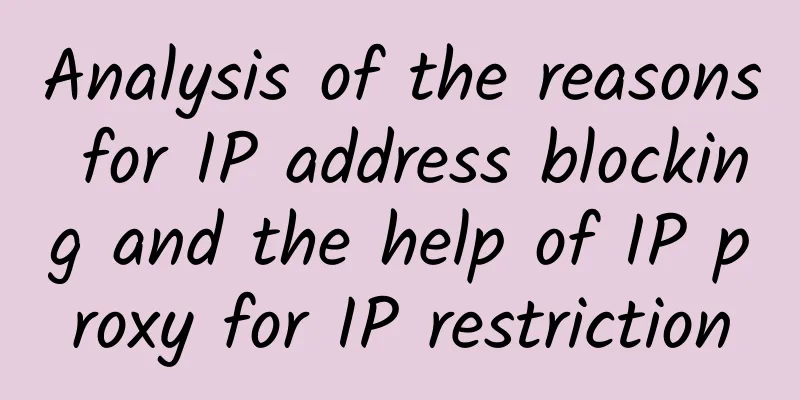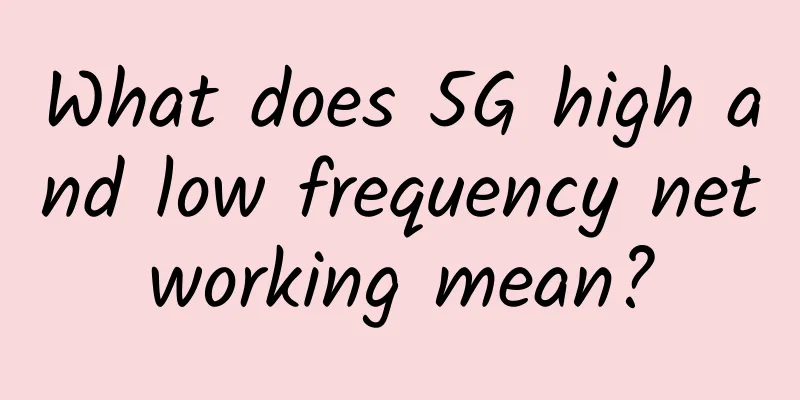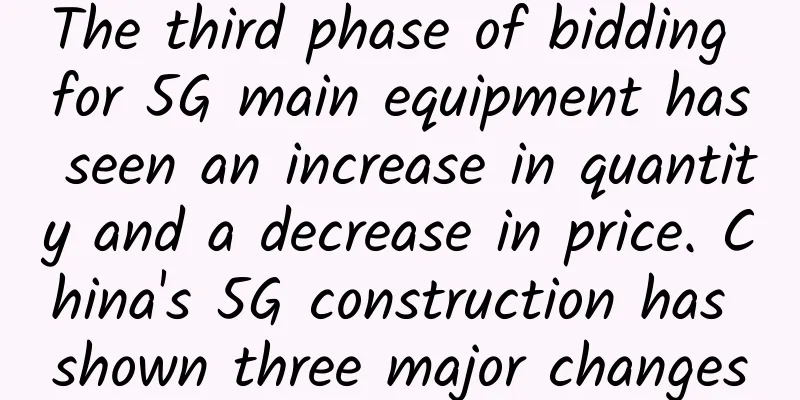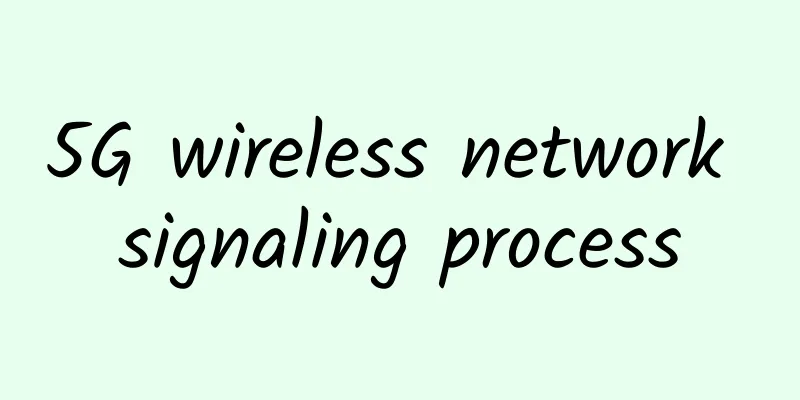Comparison of 5G tariffs in China and South Korea: Which country’s users are the happiest?
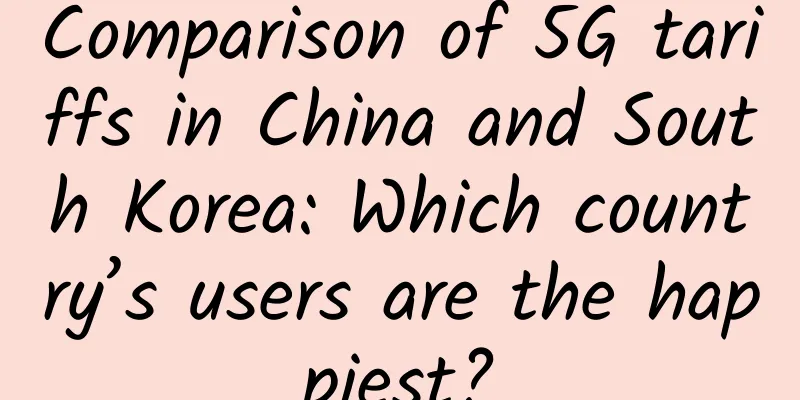
|
Globally, South Korea was the first country to commercialize 5G nationwide, and it was the first in the world to commercialize it as early as December 2018. China officially issued a 5G commercial license on June 6, 2019, and entered the full commercialization stage on December 1, 2019 with the official announcement of 5G packages by the three major telecommunications operators. As the two largest markets in the world with the most mature commercial environment, the 5G tariffs in China and South Korea are comparable. Previously, our country has implemented the "speed up and reduce fees" initiative for 5 years, and the overall cost has dropped by more than 90%. During this period, the South Korean government also asked operators to implement "speed up and reduce fees" in order to better popularize communication services, but it was ruthlessly rejected by operators. Recently, there have been reports that South Korean operators have begun to cut prices in order to compete for 5G users. Among them, the latest tariff plan launched by LG Uplus only requires a monthly rent of 47,000 won (about 279 yuan) to use 6GB of traffic. In the package launched by KT, only 45,000 won (about 267 yuan) is required to use 5GB of traffic. Seeing that these two operators began to reduce fees, the remaining SK Telecom could not sit still and also launched a preferential plan, but it is waiting for government approval. Putting aside other things, the "cheap" tariff plans launched by Korean operators only use 6GB of traffic for a monthly rent of nearly 300 yuan, which is really incomparable with domestic operators. Putting aside other things, just for China Telecom's 169 yuan 5G package, the standard tariff includes 40GB of traffic. If it is the tariff of each province, some provinces and cities have reached 70GB, which is a huge difference from South Korea's 5G tariff. If we compare the Internet 5G tariff packages, China Telecom's Star Card tariff, 39 yuan for 10GB of traffic, is much higher than the tariff performance of South Korea. At this point, some people may not agree, thinking that South Korea’s per capita income is high and that it is not possible to simply make a horizontal comparison. In fact, it doesn’t matter. Even if the salary is three times that of China, the communication fee of 279 yuan for 6GB of traffic is more than 10 times more expensive than that in China, and China still wins. Therefore, the 5G fees of domestic operators are really cheaper than those of most countries. |
>>: Flash is dead, and its first victim appears: the router can no longer log in
Recommend
Mobile phone signal enhancement stickers are hot-selling, experts: The principle is not valid, and there is no obvious enhancement in actual measurement
Just stick a metal sticker on the "effective...
API security representative manufacturer! Ruishu Information is selected into China's data security development roadmap
On August 26, IDC, a leading global IT research a...
WiFi passwords are always cracked? Here are some tips to help you avoid WiFi hacks
With the development of mobile Internet technolog...
Why are there IPv4 and IPv6, but no IPv5? What is IPv10?
As the country vigorously promotes the developmen...
How does private 5G impact Industry 4.0 transformation?
Private 5G networks have become very popular as r...
80VPS: AMD Ryzen+NVMe Los Angeles Cera Data Center KVM annual payment starts at 349 yuan
80VPS is a well-established Chinese hosting compa...
ExtraVM offers 30% off on Netherlands data center, 1Gbps unlimited traffic VPS starting at $3.5 per month
ExtraVM recently launched a new VPS host in the N...
Sharktech: Los Angeles 1Gbps unlimited traffic high-security server starting at $59/month
Sharktech has been offering a promotion for 1Gbps...
edgeNAT Los Angeles 4837 dual ISP host simple test
In February, the tribe shared the news that edgeN...
DMIT: Los Angeles CN2 GIA large bandwidth quarterly payment starting from $28.8, 1-10Gbps bandwidth, optional high defense
How about DMIT.io? This is a foreign hosting comp...
5G is just about faster internet speed? If you think so, you are out!!!
1. What is 5G? The world's communication tech...
How to implement a real-time monitoring system for tens of billions of visits?
[51CTO.com original article] The author has joine...
How many of the 7 core technologies that operate blockchain do you know?
1. Blockchain Links As the name implies, blockcha...
[6.18] Eurasia Cloud: Los Angeles CN2 GIA line VPS quarterly payment starts from 56.8 yuan
Eurasia Cloud has launched a 618 promotion and la...
Will Wi-Fi 7 be a revolution?
A Google search for “famous members of Generation...

